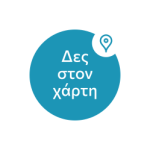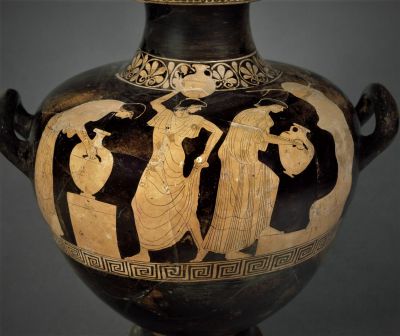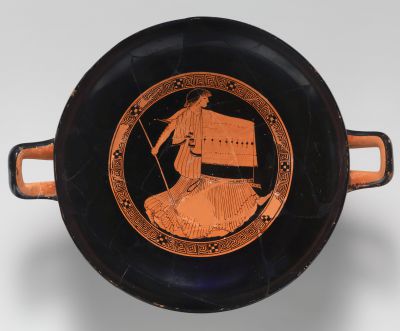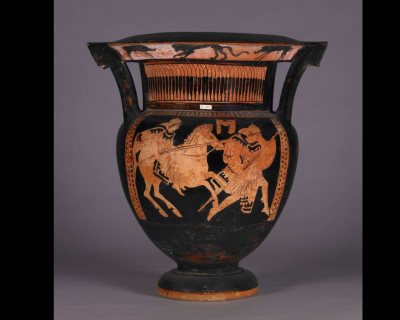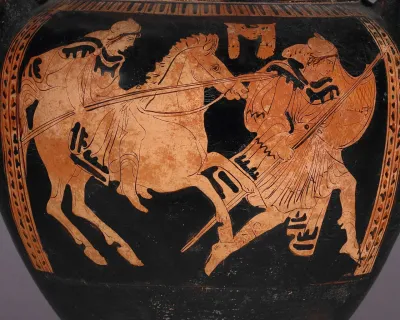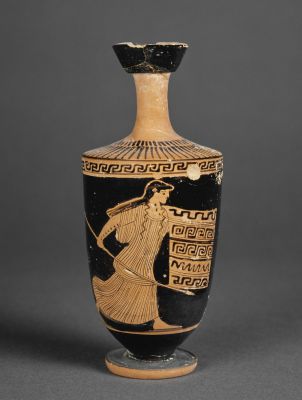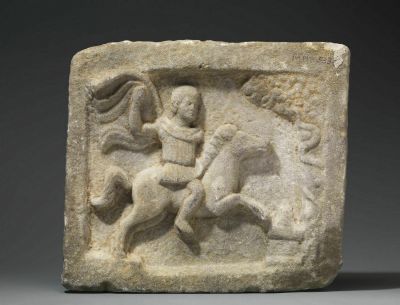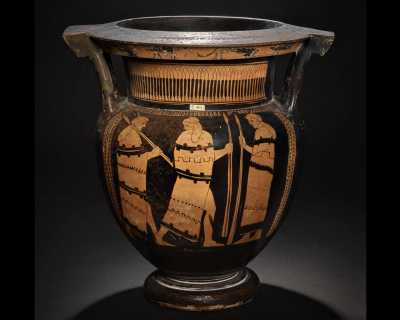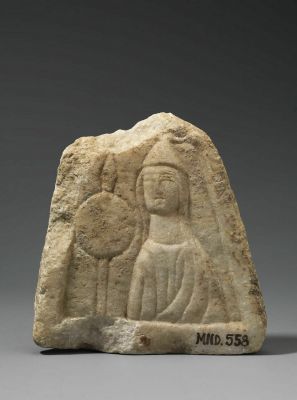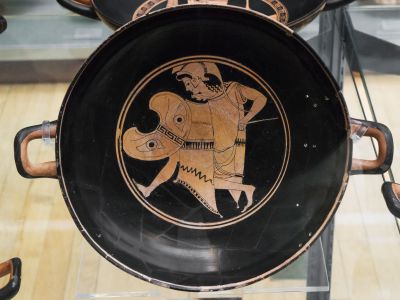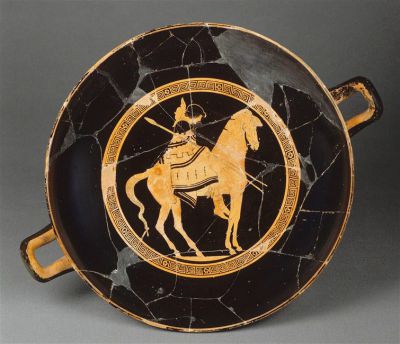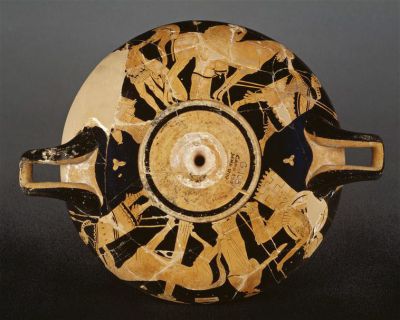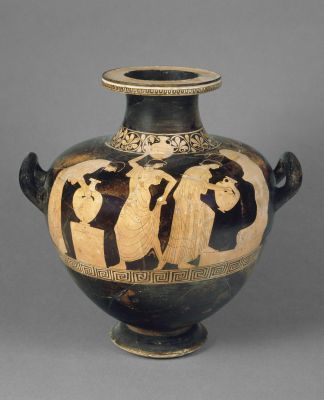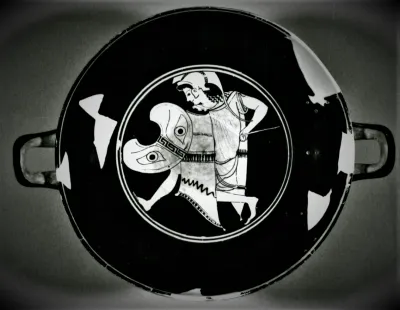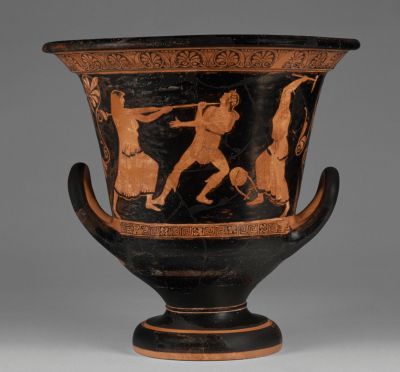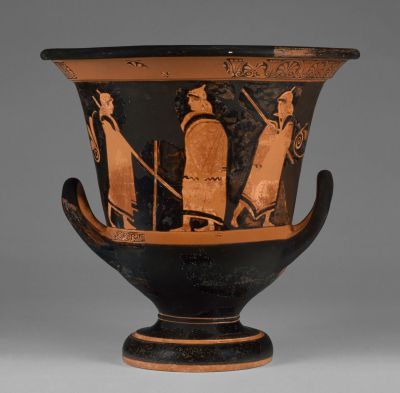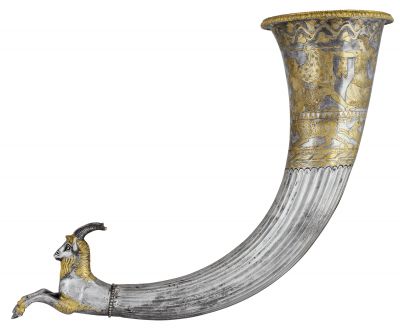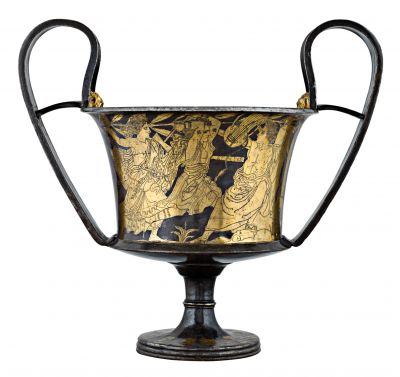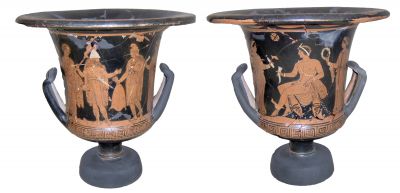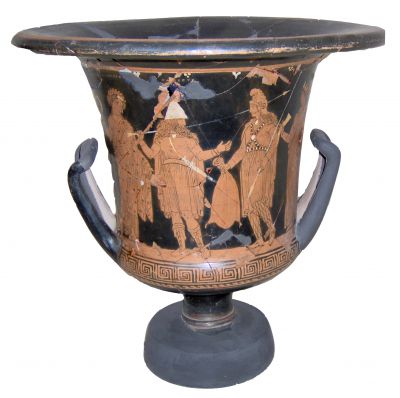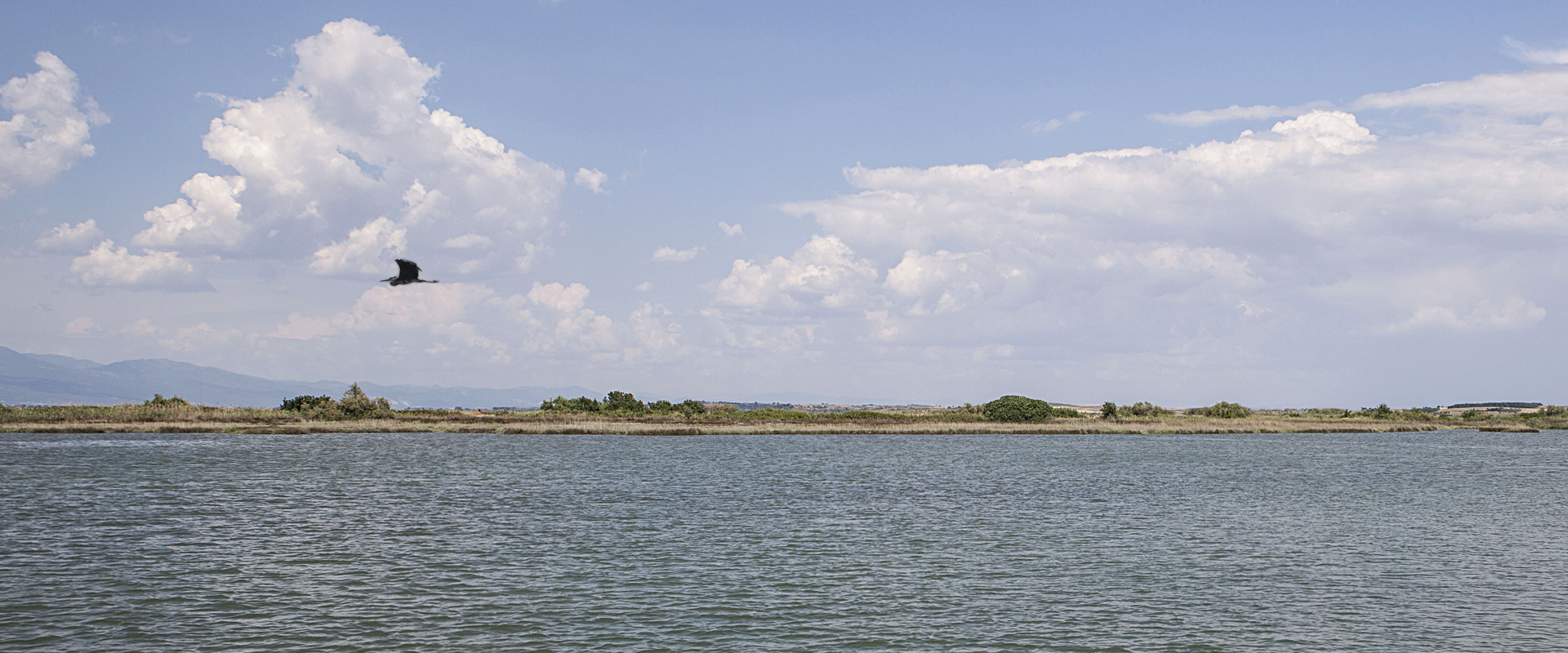
A mythical people of Thrace who lived in the area between Lake Bistonis and the mouth of the river Hebrus. The most extensive account of this people is given by Homer, in the Odyssey. The country of the Cicones was where Odysseus and his companions made their first stop after leaving Troy to sail home. They sacked the coastal city of Ismarus, sparing only Maron, a priest, and celebrated the event with feasting and revelry. They paid for their heedlessness, however, with the lives of several of their comrades, as they were attacked by Cicones from the interior and ended up having to flee to their ships. It is also recorded that the priest Maron gave Odysseus twelve jars of the famous wine of Ismarus. Strabo names two additional Ciconian cities, Xantheia and Maroneia, the latter presumably named after Maron. In the Iliad the Cicones fight on the Trojan side, led by Euphemus or Mentes. Herodotus lists the Cicones among the Thracian peoples swept into Xerxes’ army. Orpheus, the legendary musician of Thrace, is considered to have been a native of that country, but was later torn to pieces by the Ciconian women because he would not listen to their advice; his remains were then scattered over the fields so that he could be regenerated and reincarnated. The land of the Cicones also appears in Ovid’s Metamorphoses, as the place to which Boreas took Oreithyia when he abducted her.
